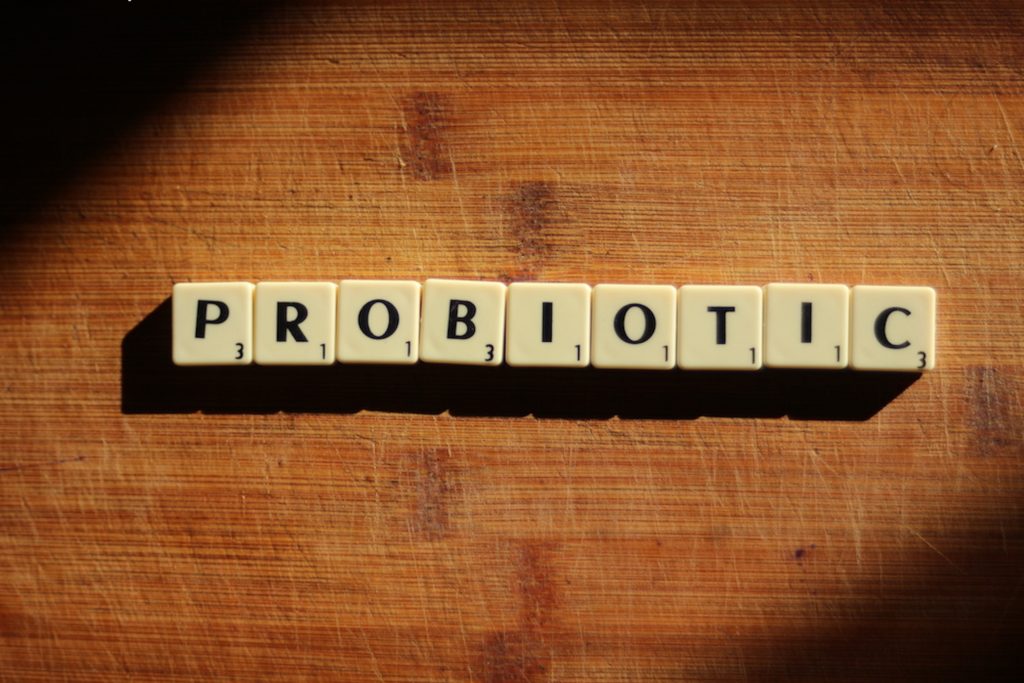
Recently, cosmetics with probiotics have become popular. But not everyone understands what it is. Probiotics are beneficial bacteria that live on the mucous membranes of various human organs and on the skin.
It is important not to confuse them with prebiotics here. These substances are dietary fiber and are used as food for our body’s beneficial bacteria. And probiotics replenish the number of these most beneficial bacteria, leveling the balance of the microbiota.
With the right ratio, these two types of microorganisms activate the production of hyaluronic acid, which is responsible for the tone, hydration and youthfulness of the skin. If probiotics are not enough, dermatitis and other skin conditions, inflammation, or irritation can occur.
WHEN YOU NEED PROBIOTICS FOR SKIN
You need to pay attention to probiotics for the skin if the microbiome is disturbed. When the balance between “good” and “bad” bacteria changes in favor of the latter, our body begins to suffer. On the skin, it is visible to the naked eye.
Microbiome disruption is caused by a number of factors:
hormonal disruptions of the body;
unbalanced diet;
violation of the acid balance of the skin;
bad habits;
poor or inappropriate facial care;
environmental pollution.
Probiotics in cosmetics allow you to influence the microbiome from the outside. Bacteria restore the microflora, which is why traces of irritation disappear from the skin. A disturbed microbiome contributes to the appearance of such negative manifestations on the skin as psoriasis, dermatitis, rosacea or acne.
BENEFITS OF PROBIOTICS FOR FACE SKIN
Skin care products with probiotics should be used by people with sensitive skin. Cosmetics with beneficial bacteria will have a positive effect on problem skin, as well as in the presence of skin diseases. It is also necessary to turn to probiotics in the case of aggressive salon procedures.
Probiotics for the skin of the face are necessary for:
restoration of the hydrolipidic layer;
increase local immunity;
protection of the face from environmental influences;
acidity regulation;
fight against pathogenic microflora;
blocking of inflammatory processes;
removal of toxins from cells;
saturation with nutrients.
Some probiotics accelerate cell regeneration, regulate sebum production and improve blood circulation. Cosmetics with bacteria will be especially relevant for owners of oily skin. They much more often have to deal with the wrong pH of the skin and frequent inflammatory processes.
PROBIOTICS IN COSMETICS
The most common bifidobacteria for the skin are lactic acid. They improve cellular metabolism, cleanse pores and exfoliate dead cells. No wonder kefir masks are so popular and useful. This dairy product, thanks to beneficial bacteria, maintains the acid-base environment of the skin, starts recovery processes and slows down aging.
Consider the main types of bacteria:
Bifidobacteria lysate is able to retain moisture in the cells, as well as protect the skin from the negative effects of the environment.
Lactobacillus rejuvenates and regenerates tissues.
Bifidobacteria filtrate deeply nourishes cells and protects against inflammation.
Lactobacillus lysate is able to increase the immunity of the dermis. Probiotic improves skin tone, stimulates collagen synthesis, improves microcirculation.
Bacillus coagulans is suitable for the most sensitive skin. It enhances the protective properties of the skin.
When choosing a skin care product, carefully study its composition in order to choose an additive with the desired effect. It is impossible to choose a universal probiotic for the face. There is something for every skin type. The best solution in the selection of creams will be a consultation with a beautician.
Manufacturers do not add pure bacteria to skin care products, but their fragments or fermented microorganisms. And in order for the substances to remain active for a long time, they are mixed with a nutrient medium – prebiotics. Among cosmetic products, probiotics are found in creams, serums, and cleansers.




